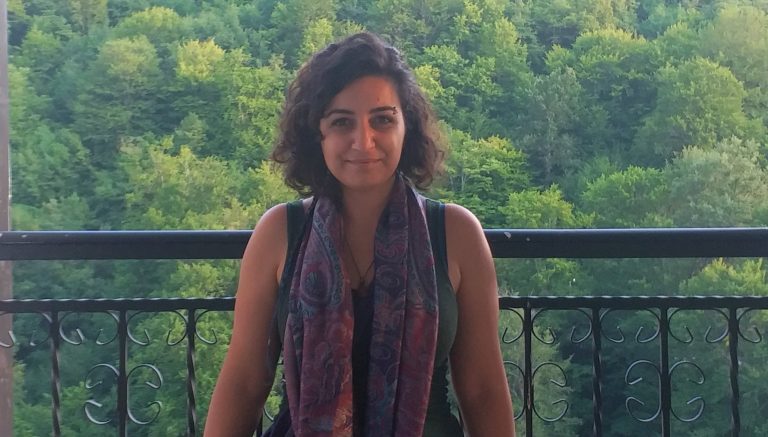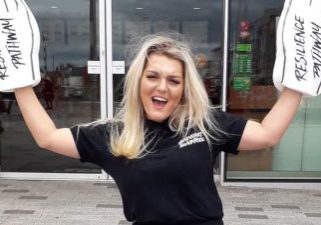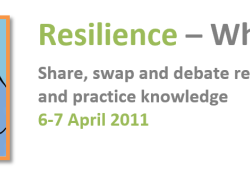Topic: Living in an armed conflict zone and resilience across the system – Buket Kara, PhD student, visiting researcher at the Centre of Resilience for Social Justice and Boingboing volunteer
Resources: You can download the forum slides
Session Summary: This forum will focus on the impact of the armed conflict in Turkey on different segments of society. This includes children and families living in the middle of the conflict zone as well as ‘Academics for Peace’ signing a petition to call on the government to stop violence towards civilians and facing various forms of adversity as a result.
Despite all the oppression, threats and violence, the context of the Turkish-Kurdish Conflict provides a fascinating case for resilience. Both civilians living in the region and the ‘Academics for Peace’ have been challenging the odds, resisting, and collectively supporting each other.
In her presentation, Buket will present findings from her research carried out in the conflict zone. This will focus on the lived experiences of children and families as well as the repercussions of the armed conflict in a broader context including the academia in Turkey. In this context, Buket will use the Resilience Framework to reframe the situation from a resilience perspective through social-justice oriented and system-focused lenses. Participants will be invited to discuss what works, what does not work, and what else can be done in a context of ethnic violence and armed conflict.
Background on the Turkish-Kurdish Conflict: Since the mid-1980s, the low-intensity armed conflict between the Turkish state and the non-state Kurdish armed forces resulted in periods of combat particularly in rural regions of eastern Turkey where Kurds, the largest non-Turkish ethnic group, constitute the majority. Between 1984 and 2012, the conflict culminated in more than 35,576 deaths (5,557 civilians) and 6,904 cases of unidentified murders and missing people (Human Rights Inquiry Committee of the Grand National Assembly of Turkey, 2013) as well as the displacement of more than a million civilians (Hacettepe University Institution of Population Studies, 2006). A negotiation and ceasefire period started in 2013, raising hopes for peace but ended in late July 2015 with the reignition of the battles.
In the following two-year period, fierce combat took place, and a state of emergency was declared with day-long and/or open-ended curfews. These curfews forbid civilians to leave their houses until the curfew was lifted and they were announced in 11 cities. This affected around 1.81 million residents living in the area (Human Rights Foundation of Turkey -HRFT, 2017). During this period, 323 civilians, including 79 children, lost their lives. Beyond warfare, this region suffers from substantial socioeconomic underdevelopment and social exclusion.
On January 11, 2016, an informal group of pro-peace academics and researchers released the public petition “We will not be a party to this crime!” demanding “the government to prepare the conditions for negotiations and create a road map that would lead to a lasting peace”. It was originally signed by 1,128 academics, and new signatories joined after its release reaching a total of 2,212 signatures. The petition received furious reactions from the Turkish authorities. Petitioners faced disciplinary action by university administrations leading to dismissal or forced resignation, criminal investigation, and civil death, as well as public lynching, hate speech, and harassment.
Biography: Buket Kara is a PhD candidate in Developmental Psychology from Turkey. Her PhD research focuses on the well-being and development of children living in the armed conflict zone in Turkey under multiple risk factors. While writing her PhD dissertation, Buket is also engaged with projects at the Centre of Resilience for Social Justice, University of Brighton (UK) as a visiting fellow under the Erasmus+ traineeship program. Here, she is receiving training on the Resilience Framework through a social justice lens, collaborating with the Boingboing team, as well as developing her own projects.
Who might be most interested: Academics, practitioners, researchers, students, community workers, volunteers, activists, human rights defenders and peacebuilders.
Key Readings:
Reports on curfews provided by the Human Rights Foundation of Turkey can be found here: http://en.tihv.org.tr/category/notes-special-reports/
You can read more about Academics for Peace here: https://barisicinakademisyenler.net/English
You can find the petition of the Academics for Peace here: “We will not be a party in this crime!” – https://barisicinakademisyenler.net/node/63
This event took place on Wednesday 22nd May 2019.
If you like what you see and you want more, More, MORE, why not subscribe to our mailing list? You’ll receive our email newsletter with details of our upcoming Resilience Forums, training and other events, news and resources (most of which are free!), and any other products and services that might be of interest. This is a web-based service and it is very easy to subscribe, unsubscribe or update your email address at any time. Sign up here.
The Resilience Forum is for ANYBODY (with a pulse!) involved with or interested in resilience research


